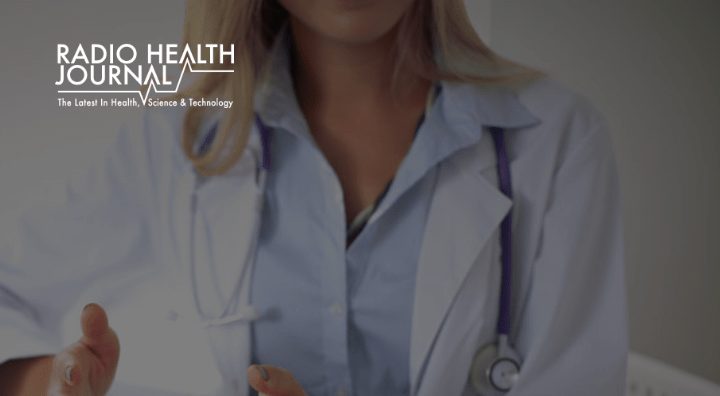Do you consider yourself a multitasker? Are you reading this while you watch the news? Although you might think you are good at multitasking, research shows around 97.5% of the population is actually bad at doing two things at once.
University of Utah Professor Dr. David Strayer says that while everyone thinks they are good at multitasking, it actually blinds us to what we’re doing. For example, if you drive while talking on the phone, you might not remember the full conversation because you needed to focus on the road. Multitasking places demands on certain areas of the brain, and most of the time the brain cannot accept two demands at once. Researchers also found those who frequently multitask tend to be more impulsive and sensation-seeking.
Researchers call people who can actually multitask “supertaskers.” Supertaskers’ brains allow them to efficiently carry out two activities at once, and they develop this talent at birth.
Guest Information:
-
Dr. David Strayer, Professor of Cognition and Neural Science, University of Utah
-
Dr. Jason Watson, Associate Professor of Psychology, University of Utah
Links for more info:
- David Strayer, Ph.D. – University of Utah Bio Page
- ‘Multitasker Masters’ – The New Yorker Article about Dr. Strayer
- Jason M. Watson – Google Scholar Page











Leave a Reply